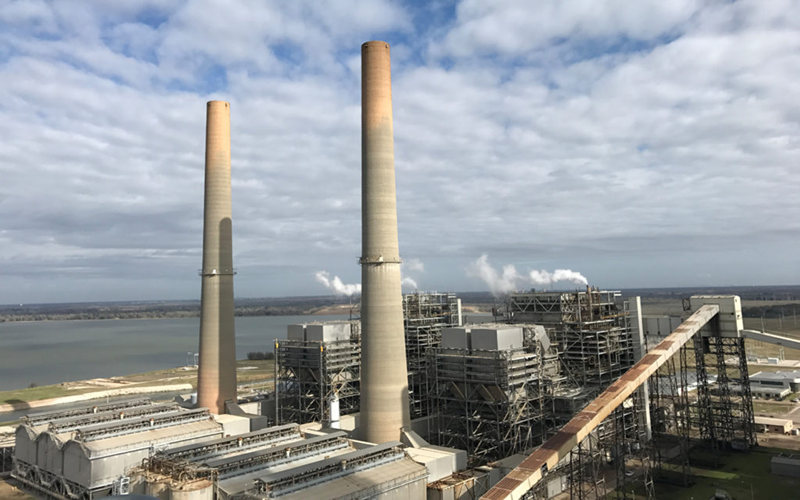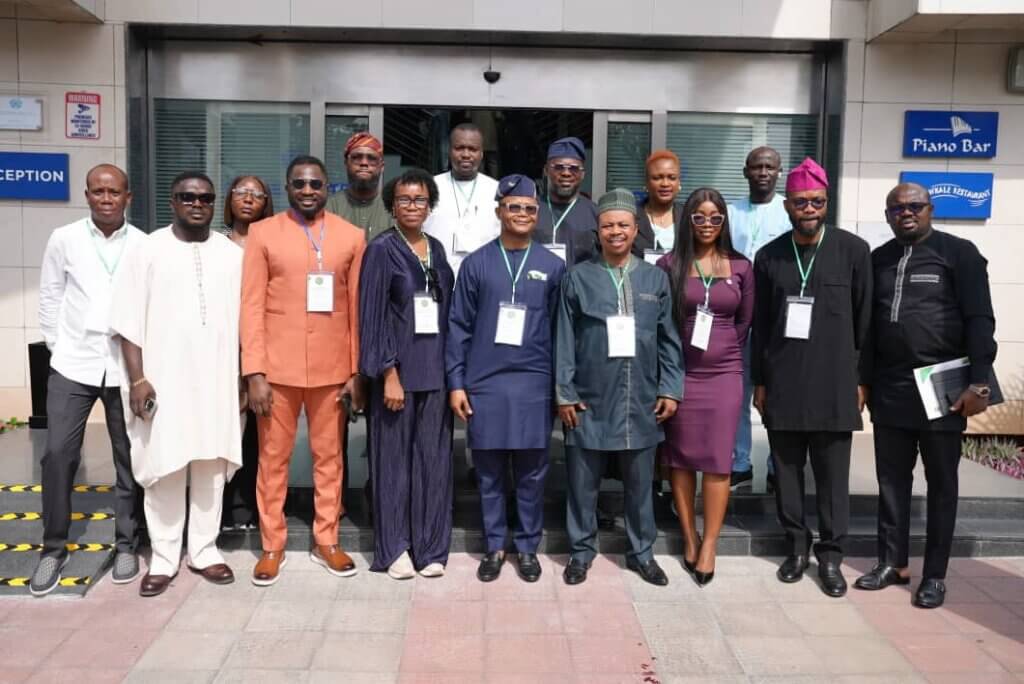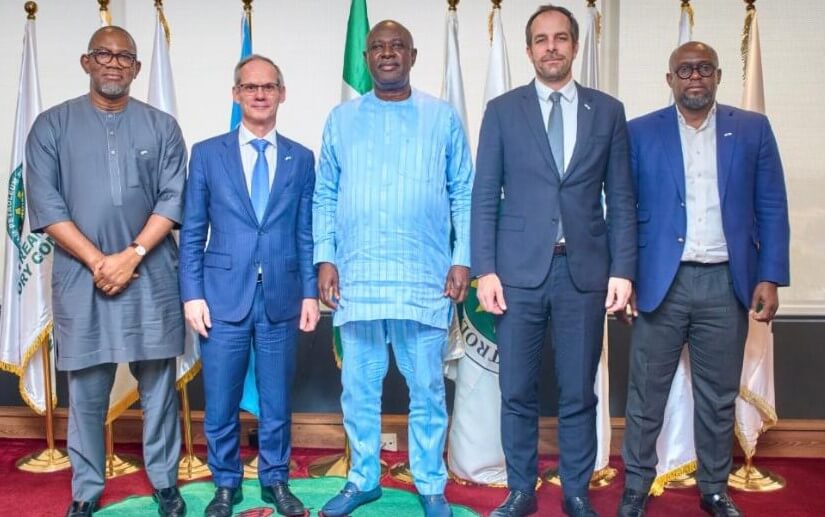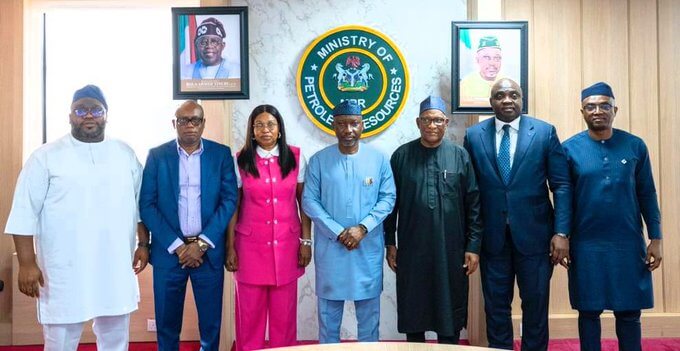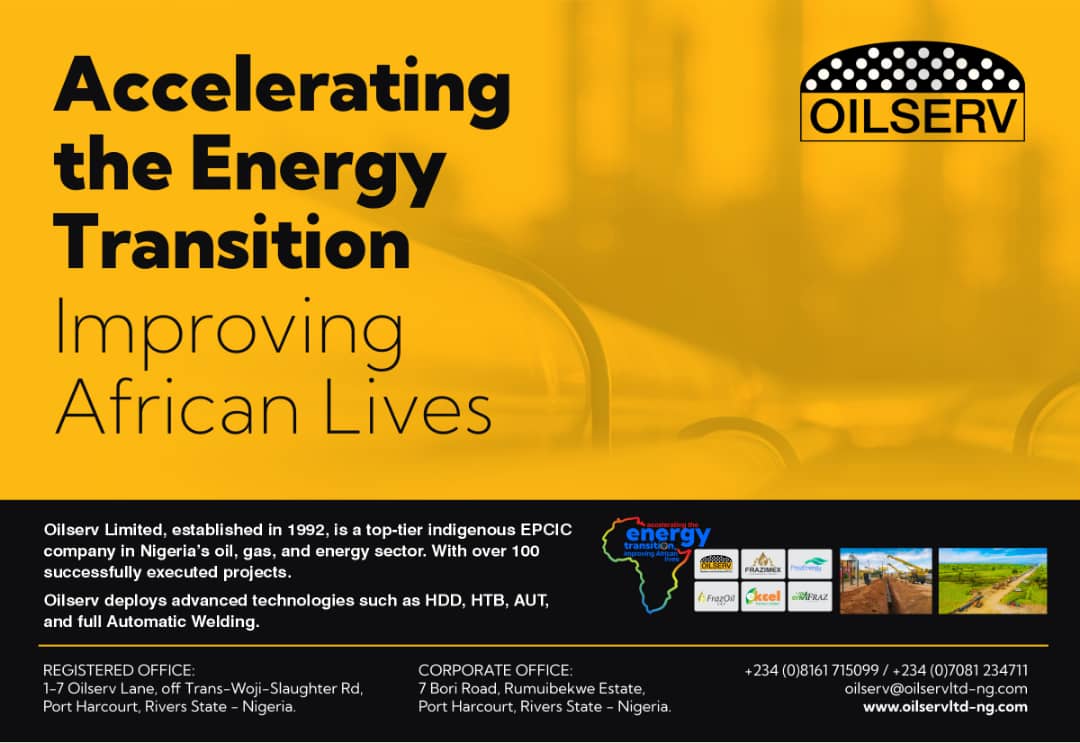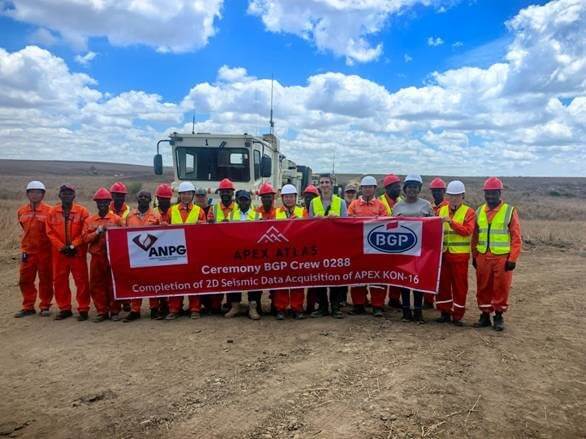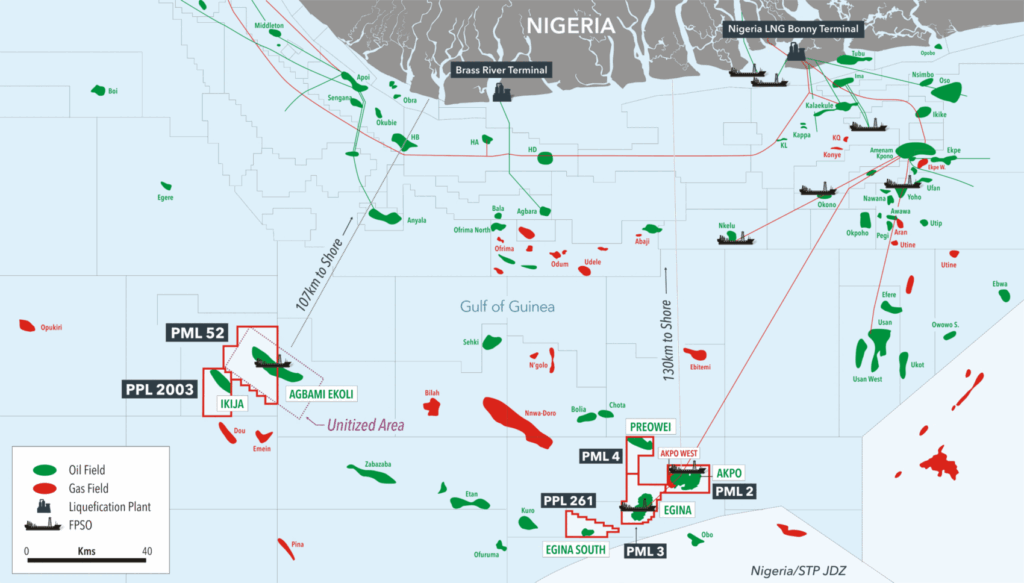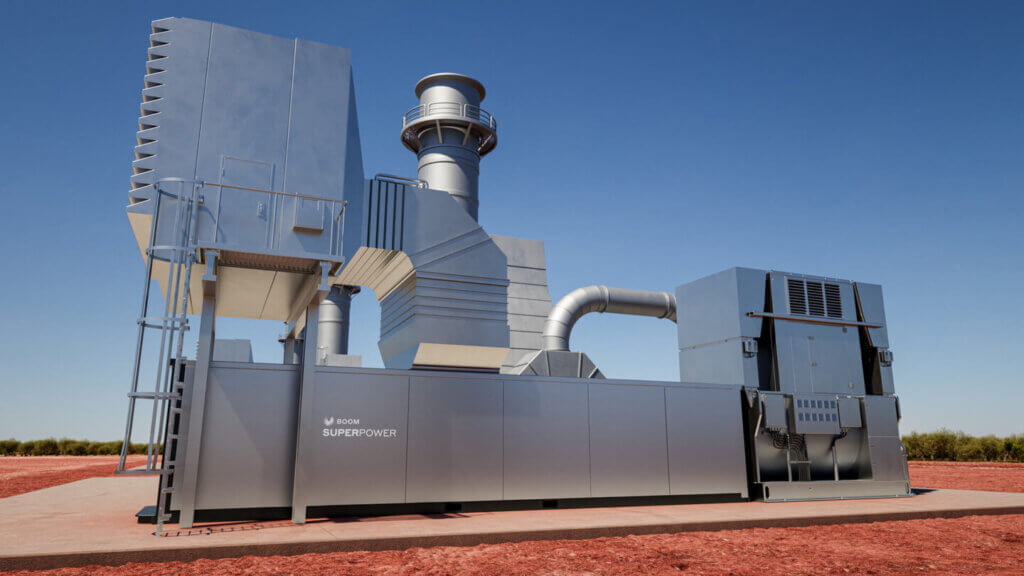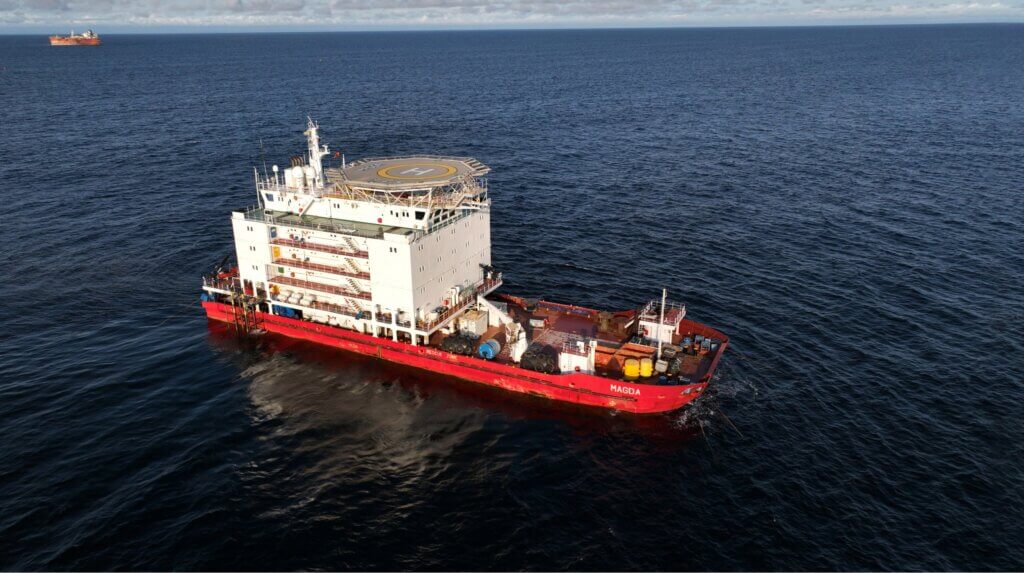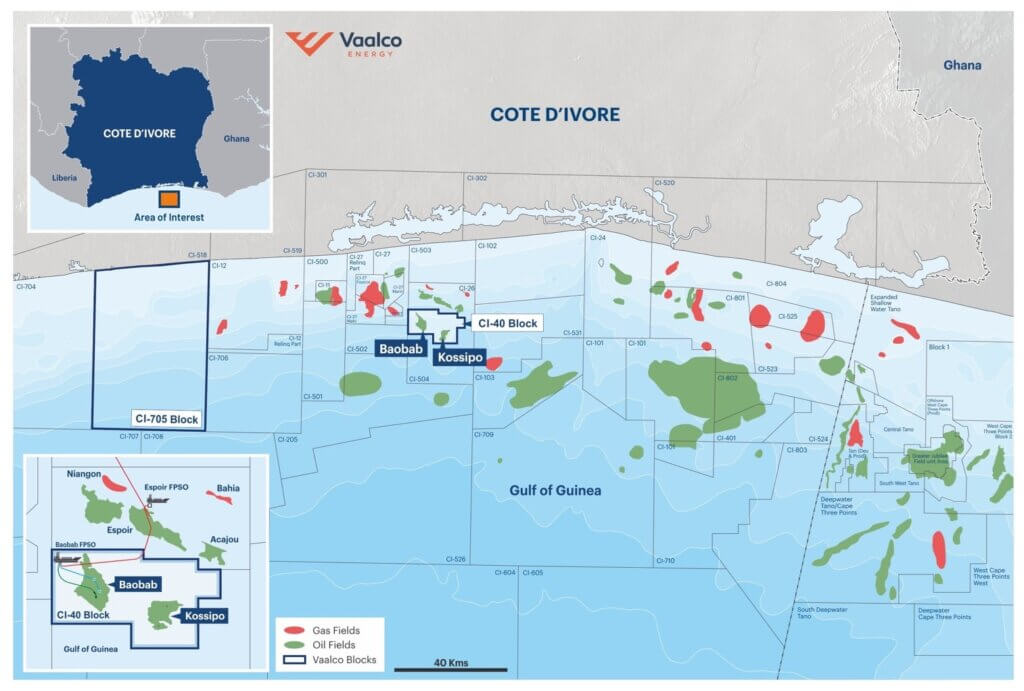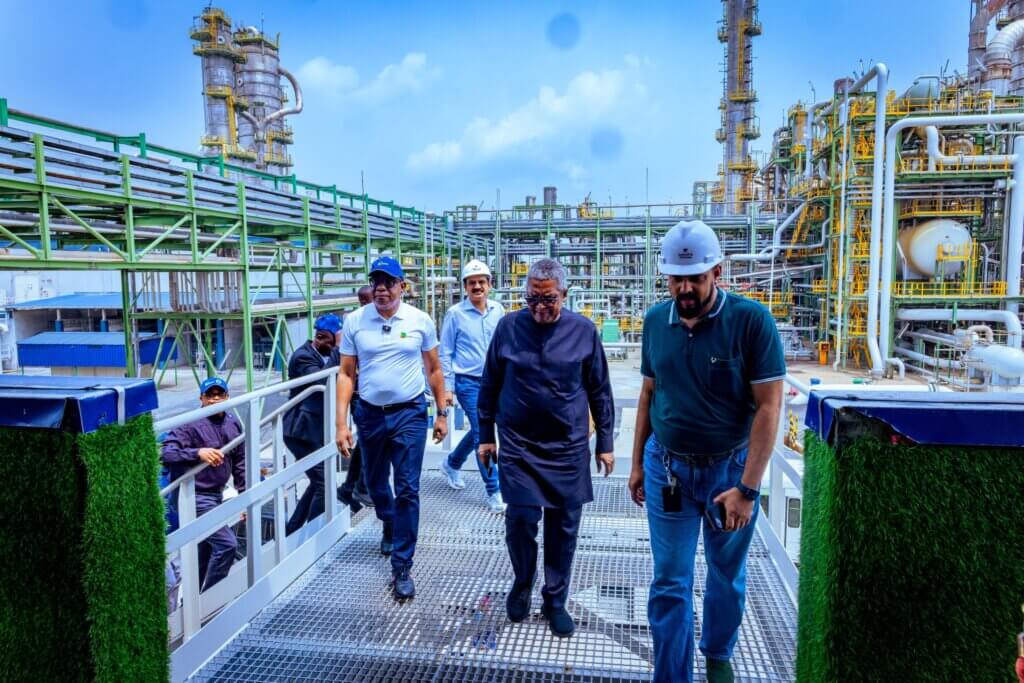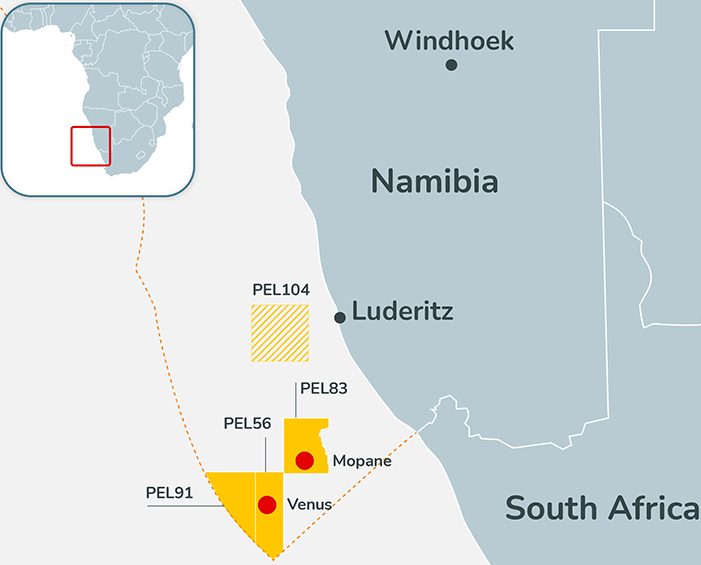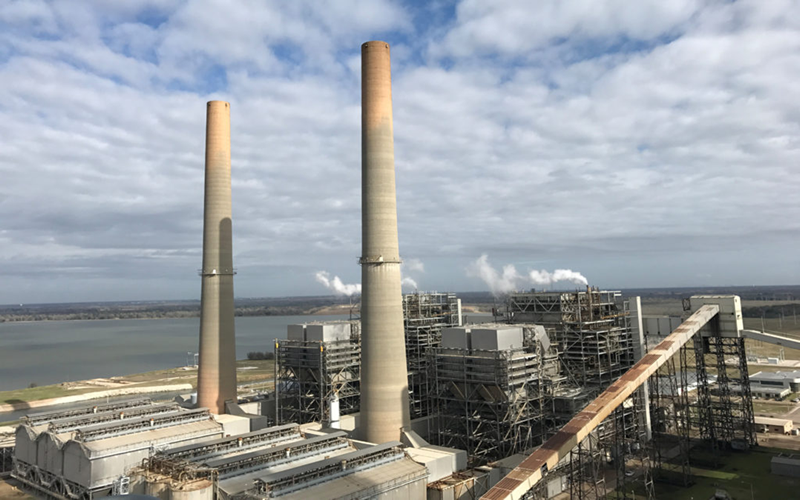
The transition from a fossil-fuel dominated energy system to one with zero emissions would require trillions of dollars of investment in new production, distribution and consumption equipment worldwide.
New investments could support millions of new jobs in construction and manufacturing, but policymakers are struggling to decide whether to recover the costs from consumers or taxpayers.
In most countries, the cost of providing energy commodities and services, including gas, electricity, other heating fuels, and road fuels, is normally recovered from users in the same way as other services and merchandise.
But the proposed energy transition is likely to be expensive, with a high proportion of upfront capital costs for new generating units, transmission and distribution systems, and consumer equipment such as electric vehicles.
Lower-income households already spend a much higher share of their income on energy services and would be especially hard hit if costs are recovered in the normal way.
In the United States, for example, poorer households in the second of the fourth deciles spent an average of 10-14% of their post-tax income on gas, electricity, other heating fuels, and road fuels in 2019.
In contrast, richer households in the seventh through ninth deciles spent just 5-6% of their post-tax income on the same energy items (“Consumer expenditure survey”, U.S. Bureau of Labor Statistics, 2020).
Precise details differ in other countries, but the poorest households almost always spend the highest proportion of their income on basic energy services for heating, cooking, lighting and surface transport.
As a result, cost recovery exclusively through utility bills and the private purchase of new consumer equipment, such as heating systems and electric vehicles, will hit the poor hardest unless they are given government support.
In many cases, the proposed transition would swap higher upfront capital costs for lower long-term fuel bills, for example by replacing gasoline-fuelled private cars by battery-driven vehicles charged by wind power.
But the poorest households are least able to afford upfront capital costs and risk becoming stuck with outdated and increasingly expensive legacy energy products.
Unless it is handled carefully, the energy transition could worsen energy inequalities and energy-related poverty.
FISCAL IMPLICATIONS
The alternative is to shift some of the costs of the energy transition from consumers to taxpayers since most taxes are paid by households in the higher income deciles.
Broadly, governments have the option of subsidising expenditure on new generation, distribution and user equipment, or cutting taxes and boosting transfer payments to low-income households to offset higher energy costs.
The interaction between the energy transition and the rest of the tax and spending system is critically important – which is what makes it so politically controversial, and why plans for how to achieve it remain so vague.
Some supporters of ambitious emissions reduction have tried to separate transition policies from broader questions about tax and spending, including carbon prices and taxes, in order to reduce political opposition.
But the two issues are not really separable. To be credible, transition plans must spell out who will bear the associated costs and how.
This level of detail is just as important when considering plans for the mature energy systems of the United States, European Union and Britain as it is for China, India and other fast-growing energy consumers.
If consumers are left to pay the full costs of the transition, the poorest will have much less income to spend on other items, which is likely to be untenable for elected politicians.
If some or all of the costs are shifted to taxpayers, however, taxes would need to rise significantly, and raising taxes is always politically difficult.
Extra revenues could be generated by imposing new carbon taxes or increasing collections from existing taxes most of which fall on incomes and spending.
Some expenditures could be capitalised through household or government borrowing, and paid off through higher interest payments.
Borrowing is always politically easier than raising tax revenues, so it is usually a more attractive option for policymakers.
Borrowing would also spread capital costs over time and is the way most of the existing energy system was originally funded.
But higher borrowing by households or governments would still leave consumers, taxpayers, or both with higher payments out of income in future.
No matter how the transition is paid for the associated costs raise important distributional issues, which are central rather than incidental to the process.
These issues are so sensitive they explain why policymakers in most advanced economies shy away from providing details about how to move towards a zero-emission energy system even while they strongly endorse the end goal.
Credible energy transition strategies therefore need to contain a detailed financial pathway explaining how they will be paid for just as much as an emissions trajectory.
Source: Reuters





















